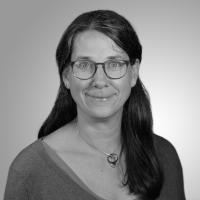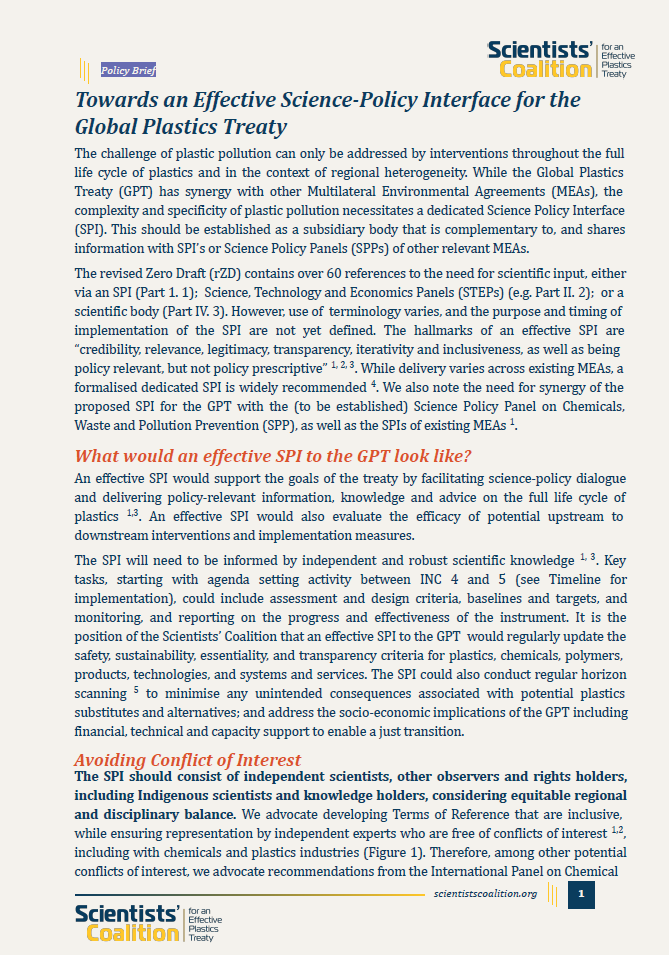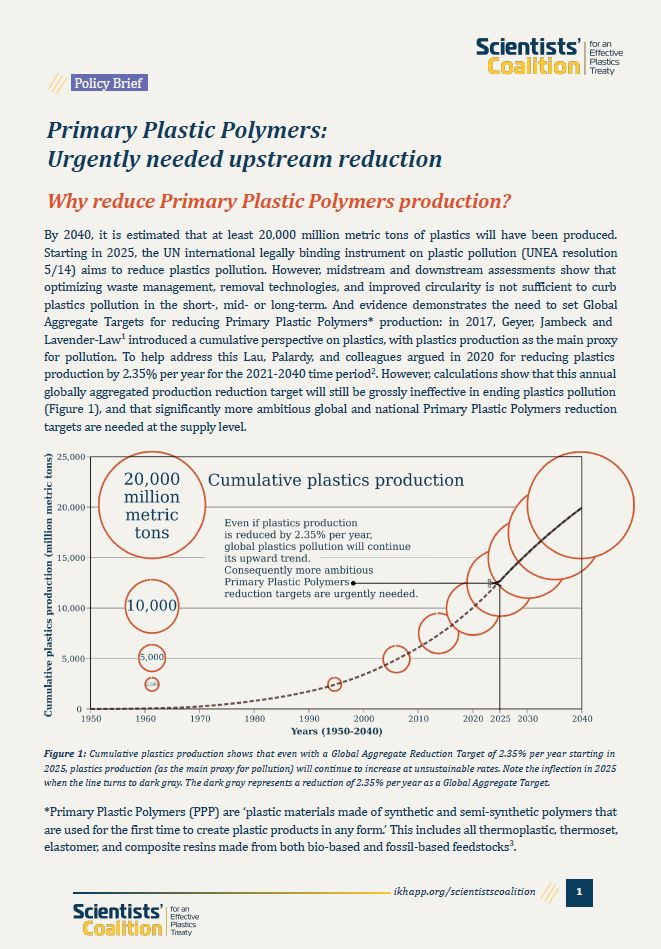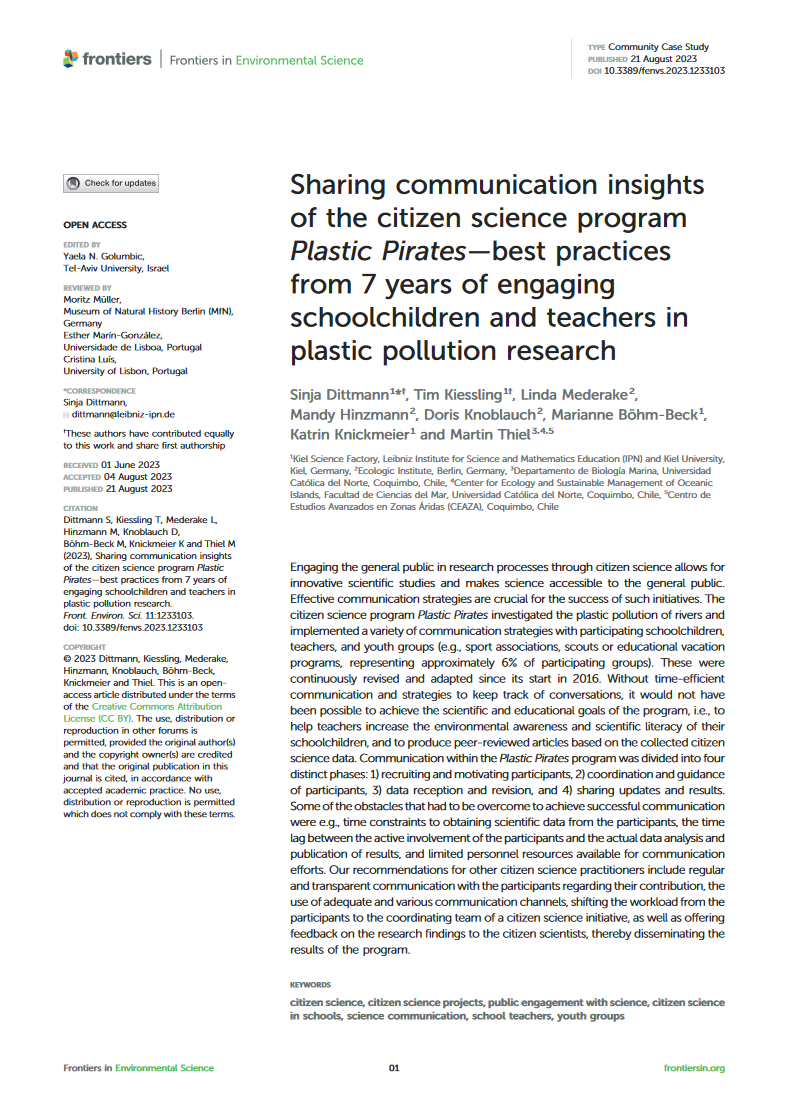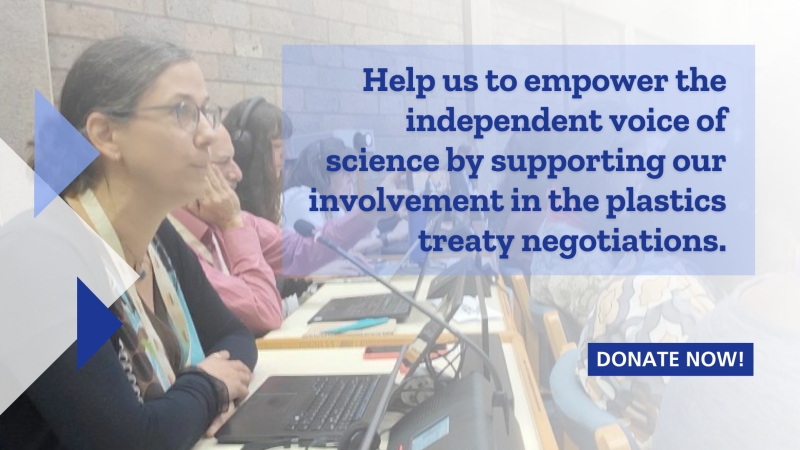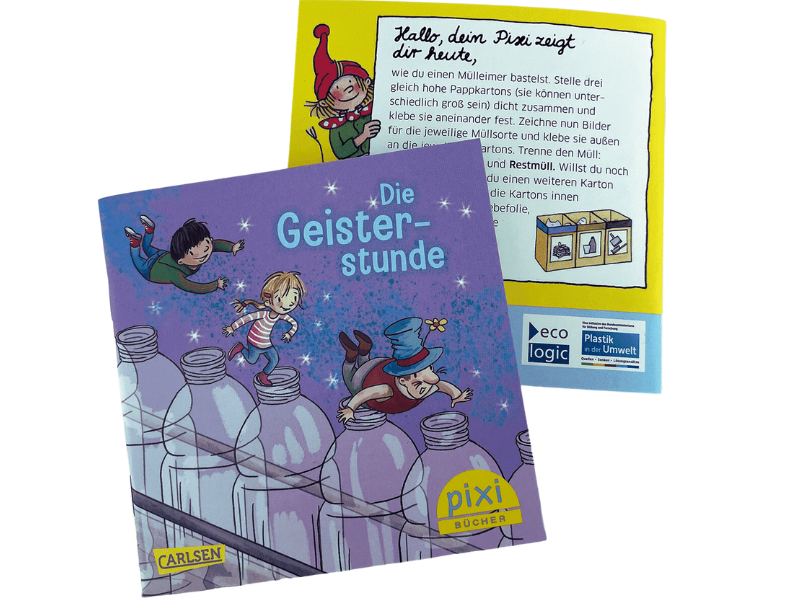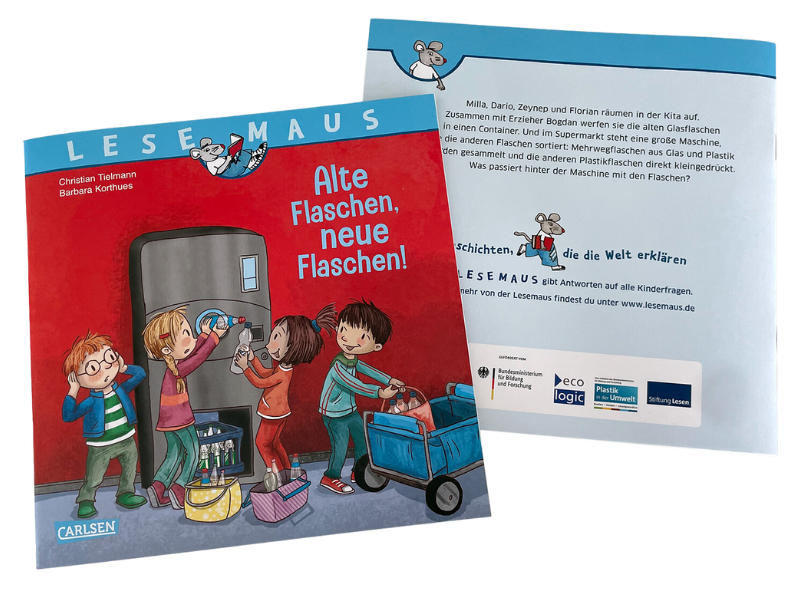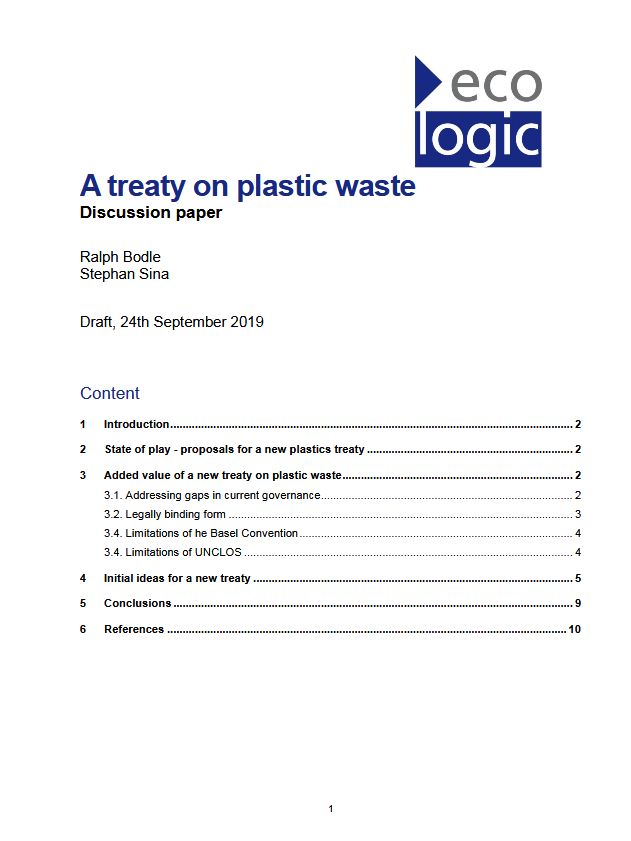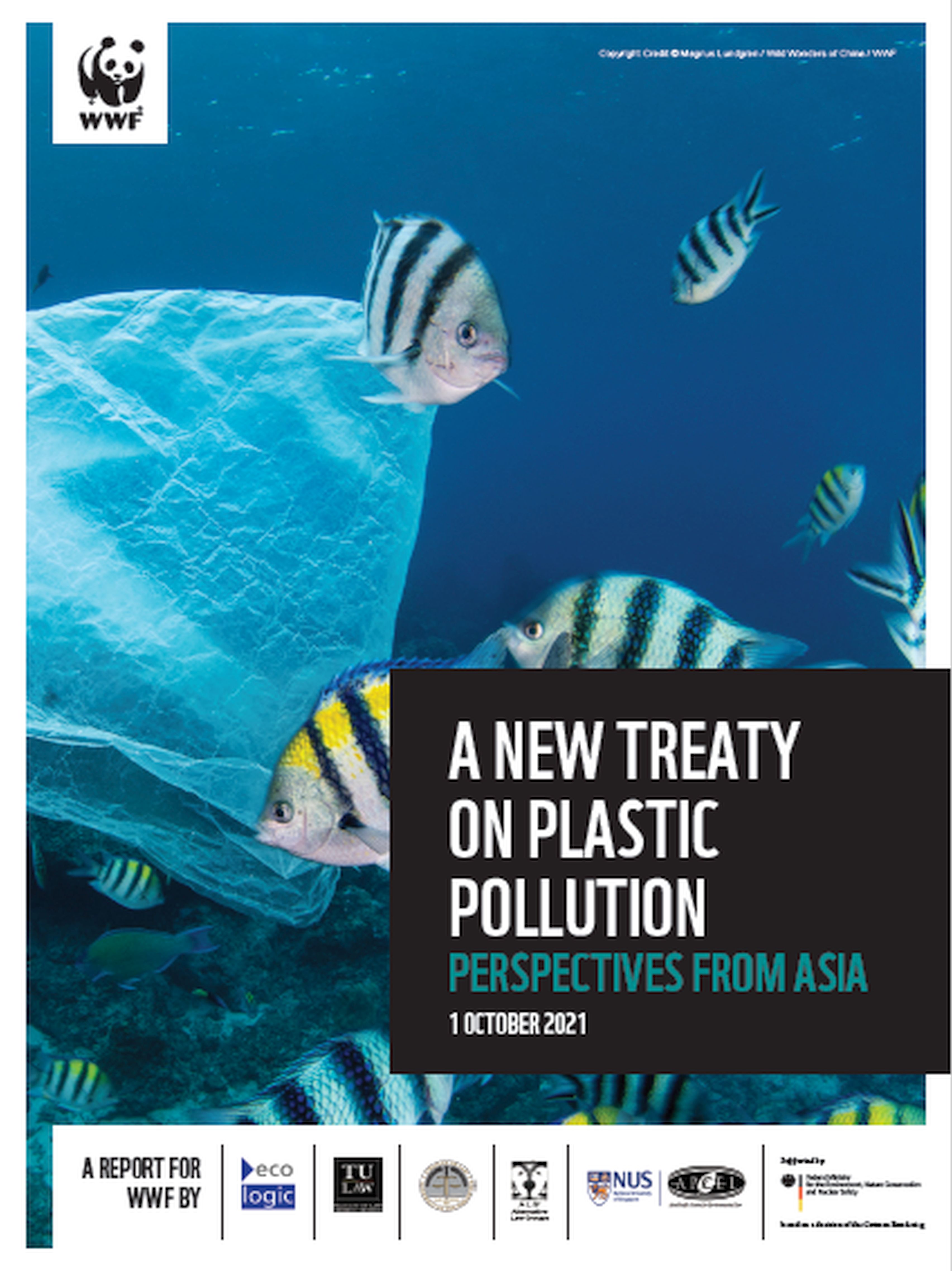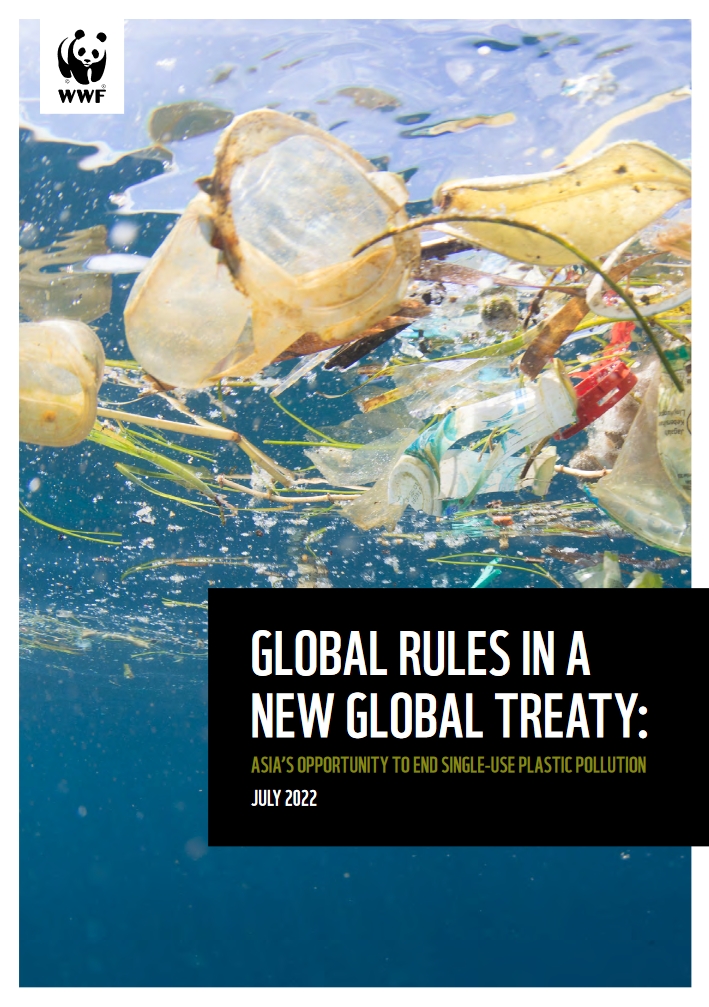© Ecologic Institute
Why the Negotiations on the UN Plastics Agreement in Paris were a Success
An important step
- News
- Date
-
-
- Location
- Paris, France
After the euphoria had been dampened at the beginning of the negotiation week in Paris, there was a good result in the end: The Chair H.E. Mr. Gustavo Adolfo Meza-Cuadra Velasquez and the INC Secretariat were given a mandate to present a first draft ("zero draft") in the run-up to the next negotiations. This is an important next step. Doris Knoblauch accompanied the INC-2 negotiations in Paris for Ecologic Institute.
Already in the run-up to the actual week of negotiations (29 May to 2 June 2023), there were discussions about the course of the negotiations of the International Negotiation Committee (INC): Approximately 2,800 people had registered for the negotiation round, but only 1,500 seats were available in the UNESCO premises in Paris. Some had to share access cards and could only participate in turn, others did not arrive at all. But this also meant that everyone who was on site and accredited in Paris had access to the negotiations. In the end, some seats remained permanently empty because many had not even arrived, even though a total of 1,700 participated on site.
Even within the negotiations, the first two days were marked by procedural questions. The central question was which voting rules should be used in Paris and beyond. Specifically, it was about rule 37 and 38(1). Although the procedural questions were not finally clarified, but it was merely stated that there was disagreement on this and that the question would be postponed to the next round of negotiations in Kenya in November 2023, the substantive discussions could finally begin on Wednesday.
Doris Knoblauch was an observer at the negotiations in Paris during the week and, as part of the Scientists' Coalition for an Effective Plastics Treaty (Scientist's Coalition for short), provided various negotiating delegations with scientific information. The Scientist's Coalition is an independent network of scientists around the world who conduct research on plastics, chemicals, and health, covering various disciplines and aspects. A team was on site to answer open questions quickly, scientifically and independently. Doris Knoblauch contributed with insights stemming from the research focus "plastics in the environment" (2018-2023), funded by the German Federal Ministry for Education and Research.
The exchange of content on the basis of the so-called option paper, in which possible contents of an agreement are listed, was similarly tough as the discussion of the procedural questions – the positions were partly very far apart. Therefore, it can be considered a success that the week ended with the Chair H.E. Mr. Gustavo Adolfo Meza-Cuadra Velasquez, together with the INC Secretariat, being mandated to present a concrete text draft, a so-called "zero draft" for an agreement in the run-up to the next round of negotiations.





